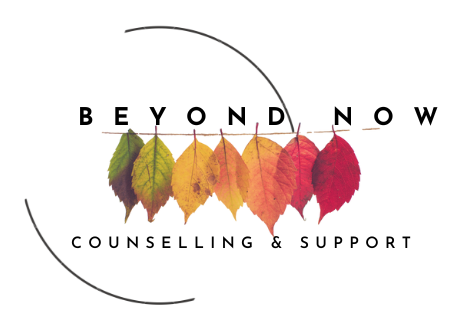
I offer a multifaceted approach to depression, combining CBT, ACT, solution-focused, and narrative therapy techniques to provide comprehensive support.
Generalized Anxiety Disorder (GAD) is a common mental health condition characterized by excessive and persistent worry and anxiety about various aspects of life, often without a specific trigger. Treatment for GAD typically involves a combination of therapeutic approaches and, in some cases, medication. Here are some strategies for treating generalized anxiety:
- Psychotherapy (Talk Therapy):
- Cognitive Behavioral Therapy (CBT): CBT is one of the most effective treatments for GAD. It helps individuals identify and challenge irrational thoughts and beliefs that contribute to anxiety.
- Acceptance and Commitment Therapy (ACT): ACT focuses on accepting uncomfortable feelings and thoughts while committing to actions aligned with one’s values.
- Medication:
- Antidepressants: Selective serotonin reuptake inhibitors (SSRIs) and serotonin-norepinephrine reuptake inhibitors (SNRIs) are commonly prescribed medications for GAD. These medications can help regulate brain chemistry and reduce anxiety symptoms.
- Benzodiazepines: These are short-term options and are typically prescribed when other treatments haven’t been effective due to their potential for dependence and withdrawal.
- Lifestyle Changes:
- Regular Exercise: Physical activity can help reduce anxiety by releasing endorphins and promoting overall well-being.
- Healthy Diet: A balanced diet can have a positive impact on mood and energy levels.
- Sleep Hygiene: Adequate sleep is crucial for managing anxiety. Establish a regular sleep schedule and create a comfortable sleep environment.
- Stress Management:
- Relaxation Techniques: Practices like deep breathing, progressive muscle relaxation, and mindfulness meditation can help manage stress and anxiety.
- Time Management: Organize your tasks and prioritize them to reduce feelings of overwhelm.
- Limiting Stimulants: Reduce or eliminate the intake of caffeine and alcohol, as they can exacerbate anxiety.
- Support System:
- Seek support from friends and family. Sharing your concerns and feelings with loved ones can be therapeutic.
- Consider joining support groups or seeking the help of a therapist.
- Self-Help Strategies:
- Keep a journal to track your anxiety triggers and symptoms.
- Challenge negative thought patterns and replace them with more realistic and positive ones.
- Set small, achievable goals to build confidence and a sense of control.
- Professional Help:
- Consult a mental health professional, such as a psychiatrist, psychologist, or counselor, for a proper diagnosis and treatment plan tailored to your specific needs.
It’s important to remember that the treatment of GAD can be a gradual process, and what works best may vary from person to person. Some individuals may benefit from therapy alone, while others may require medication in addition to therapy. It’s essential to work closely with a healthcare provider to develop a treatment plan that suits your individual needs and to monitor progress over time
